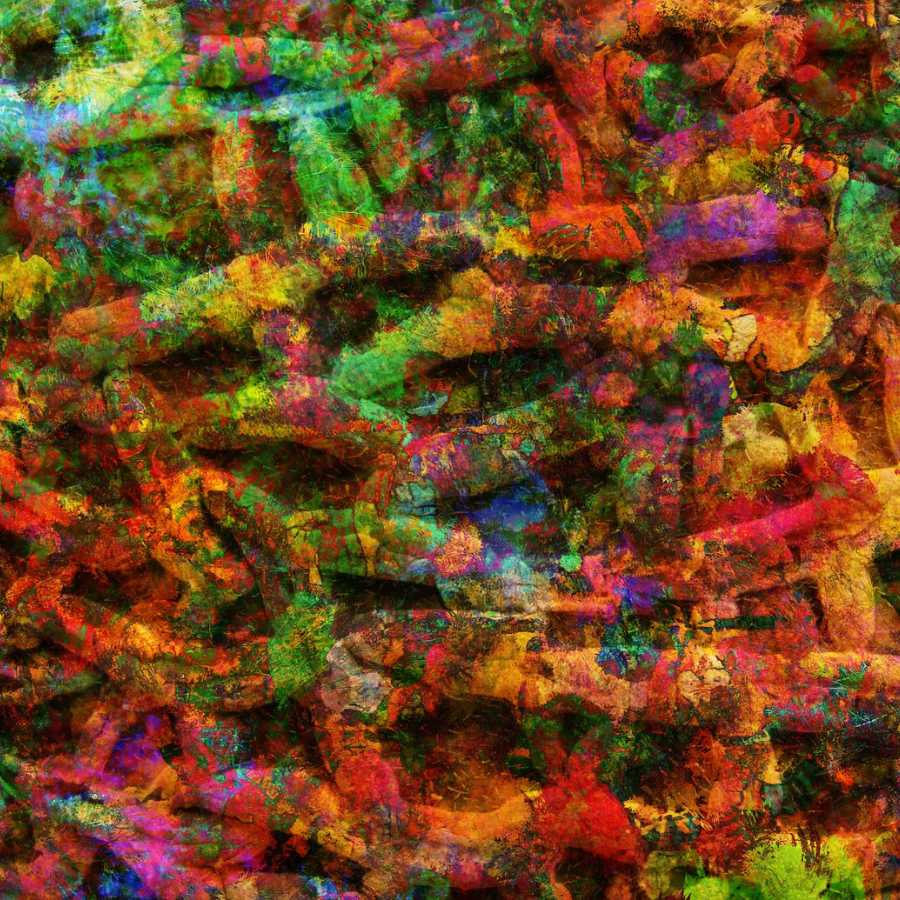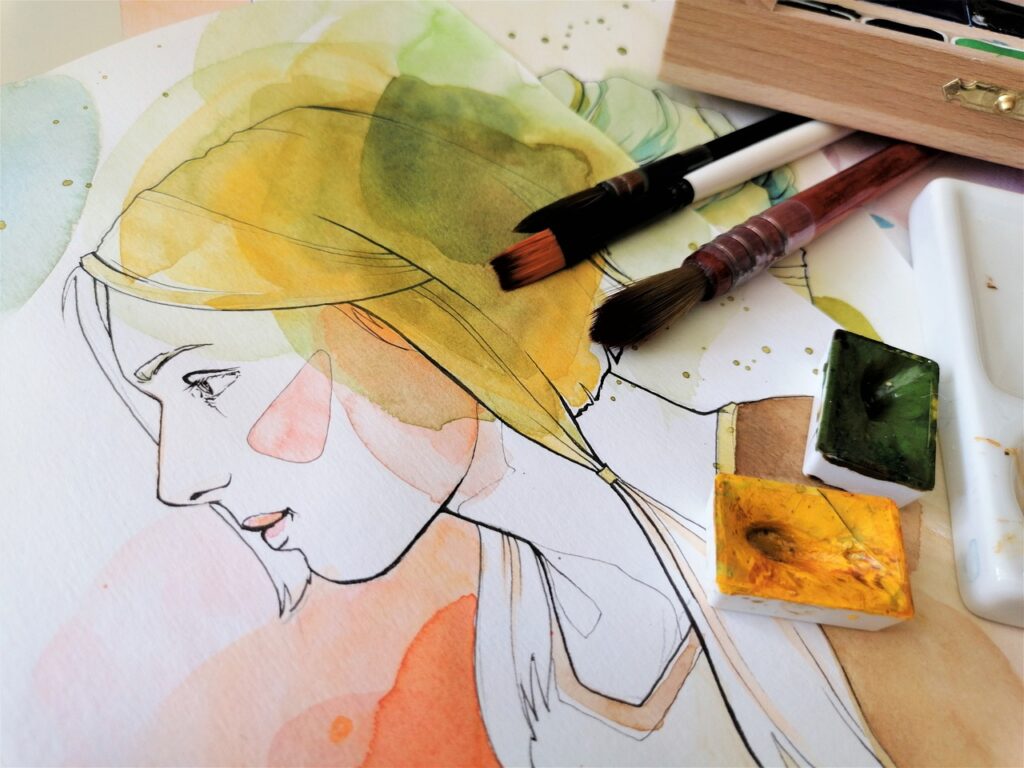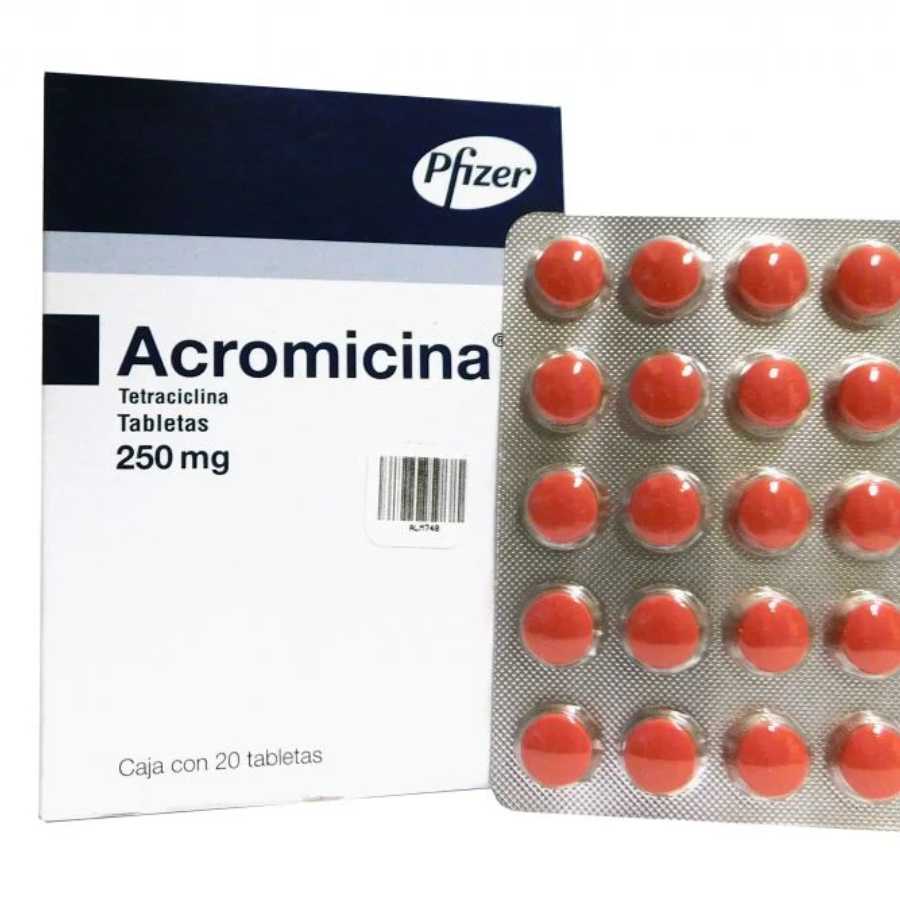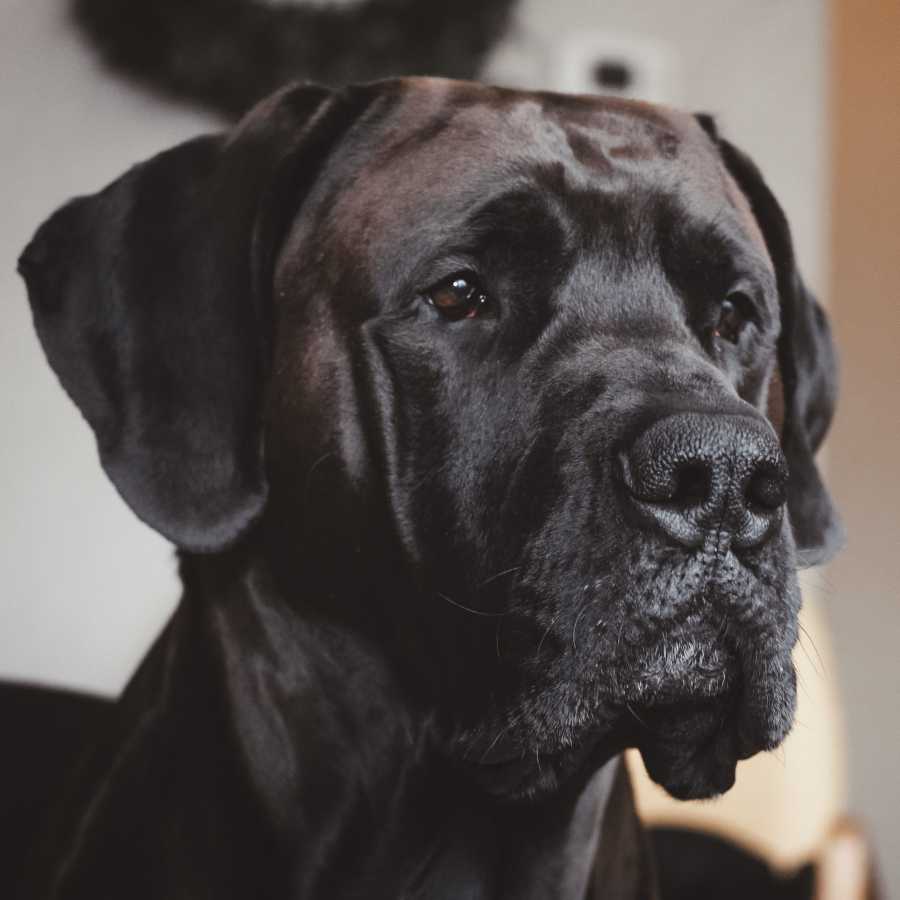
(4) The Microbiome and the Root of My Depression
“Am I simply a vehicle for numerous bacteria that inhabit my microbiome? Or are they hosting me?”
– Timothy Morton
One of my earliest childhood memories is of my mom and I browsing the fruit section of the grocery store near the house I grew up in. I was probably around three or four when this particular conversation occurred. She showed me the fuzzy kiwi and explained to me how the fruit inside was green, sweet, and had many tiny seeds. She picked up some plums and explained to me how both of these fruits would help me poop better and feel better. I also have many early memories of my mom sticking suppositories up my butt. I remember them making me poop within 60 seconds and it felt nice, although at times painful. I also think I have a memory of the office of the doctor we went to for my early childhood poop problems. Memories like these are scattered throughout my early childhood and I feel like these earlier GI problems help contribute to my adult depression.
I don’t remember how my bowel movements felt during my early childhood, but I do remember being in 2nd or 3rd grade and having bowel movements once a week. We lived at the end of a street where our next-door neighbors were a couple with two girls around my age. I was pretty good friends with both girls and we would play outside almost every day. Once a week I would have to poop and I’d run inside and have at least a 30-minute poop session. With legs that had long fallen asleep and tears still on my face, I would eventually wipe, flush, and wash my hands. Then I would run outside hoping to see my two friends, but most of the time they would have already gone inside. Either because it was too late or they had grown bored waiting for me to finish my poop.
“Once a week I would have to poop and I’d run inside and have at least a 30-minute poop session. With legs that had long fallen asleep and tears still on my face, I would eventually wipe, flush, and wash my hands.”
Eventually, my bowel movements got more regular. By middle school, I was at around 2 or 3 times a week. By the end of high school, I was pooping almost daily. (Coincidentally the time of my life, I consider myself the most content with life.) Sophomore year of college (2009), I developed an interest in running and weightlifting. I had always been overweight and now with access to a free gym at my university, I had no excuse. Being the person that I am, I spent a lot of time researching the best workout plans and eventually picked StrongLifts 5×5. I also did a lot of research on diets and experimented with both keto and leangains. I’m not sure if leangains helped me put on muscle while losing fat, but I do remember my body pooping 3 times a day and it being very annoying. I had to plan my poops because I was taking classes at two different campuses and when I had to go, I had to go. I experimented with keto a lot during college and eventually, it became my diet of choice. I saw great results (if you measure success in weight loss) but I didn’t see many of the benefits that other people mention. Increase energy, more alertness, better sleep, and better long-distance running when you eventually become keto-adapted. In fact, I saw a little bit of the opposite.
I had always struggled with my weight and I was so happy to find something that worked. I find eating food a nuisance at times, so it was nice not to feel constantly hungry. I usually eat one meal a day when I’m on the keto diet. The weight was also coming off, although not as quick as some of the stories I read on /r/keto and other subreddits. I had bought into the early craze of the keto diet. The scary thing about keto culture or any culture that becomes mainstream is that it becomes kind of a cult. The keto diet has many people on both sides of the fence that either defend it to death or voice their opinion on how unsafe it is to mostly eat fat and protein. I was one of those people that defended it to death even though the only real benefit I saw in myself was my weight loss. How could a diet be bad when it has been the only thing (besides weightlifting) that has helped me maintain my weight? Over the years I convinced a couple of people to try it and they saw much better results than I did. I was drinking the Kool-Aid hard for the better part of a decade.
During my last semester of college, I stopped the keto diet because it was interfering with my marathon training. After graduating college, I gained a lot of the weight I had lost on keto and now without access to a gym, it was a lot harder to manage my weight. I also had a job and was spending my money on beer. Shortly after graduating, I moved to Korea and started weightlifting and running a lot. Then during my second year in Korea, a friend and I decided to do keto together. On January 1, 2015, we did 100 days of keto together. By the end of the 100 days, I was at my lowest weight since junior high. However, something happened to me during those three and a half months. I was not enjoying things. I was not sleeping well. I was always tired. I would say that this part of my life was the beginning of the current depressive state I’ve been in the past five or so years. However, I was unaware that my depression was manifesting and taking over my mind and body.
Eventually, I started incorporating more carbs into my diet and started feeling “better”. However, in my last and third year in Korea, my mental health and depression took a turn for the worse. I hypothesize that I have a predisposition to a weakened microbiome or in other words a lack of biodiversity in the bacteria populating my gut due to my early childhood experiences. This weakened biodiversity can potentially allow certain types of good or bad bacteria to become abundant in my gut. This predisposition finally became a problem when my Korean girlfriend (at the time) and I went to Thailand during my last winter break in Korea. Shortly after returning to Korea from Thailand, I got hit with the worst food poisoning of my life. I am someone who hates missing work and I had to take a day off. The food poisoning was so bad that I didn’t even realize that I shit the twin bed my ex-gf and I shared one night. I’m very grateful for my ex-Korean girlfriend because she took a couple of hours off work to take me to the doctor because I was so weak and dehydrated after shitting non-stop for three days. Also, thank you Korea for having universal healthcare.
The months following my food poisoning made me feel a lot different. I remember crying in front of my ex-girlfriend a couple of times in the following months. Usually, it was about problems at work, but they were usually little things that I felt would not have bothered me before. I felt very empty during this time. My hobbies and activities that I once enjoyed didn’t bring me the same level of happiness. I thought it was just Korea losing its novelty or maybe it was the dysfunctional relationship I had with my Korean girlfriend. I made the decision not to stay another year. I broke up officially (again) with my girlfriend and started saying my goodbyes to the friends I had made.
“The months following my food poisoning made me feel a lot different. I remember crying in front of my ex-girlfriend a couple of times in the following months. Usually, it was about problems at work, but they were usually little things that I felt would not have bothered me before. I felt very empty during this time.”
Right after leaving Korea my sister joined me on a 3-week trek across southeast Asia. We went to Thailand, Cambodia, and the Philippines. On my second night in Thailand, I got food poisoning again (damn you Thailand!) for one day, and for about 4 months after that, every time I tried to drink beer I would have to poop within the next 10 minutes. My excretements looked very porous and airy. Hard liquors or mixed drinks were okay to drink. I don’t remember how this food poisoning affected my mood. I was on vacation and doing fun activities but I do think it contributed to making my depression worse once I arrived in the United States. Especially since I did keto for about 5 months shortly after returning to the States.
From what I’ve learned over the last couple of years, I probably have been dealing with depression since grade school. Low-carb diets make my depression worse. The two food poisoning incidents I had in 2016 coupled with the diet transition of moving to America were the catalyst to the depression. Not to mention the fact that my first job in America as a high school math teacher was very stressful and I had to go on keto to maintain my weight during that year. Eventually, my body gave up and I fell into a two-year dark period of my life that I have just started to come out of thanks to LSD.
I think that the cause of my depression is the lack of biodiversity in my gut. Recent research has shown that our guts and our brains are closely linked. Many scientists believe that depression is caused by inflammation. When our guts get overpopulated by bad bacteria the inner lining of our GI tract gets inflamed. Scientists have also confirmed that the majority of our serotonin and dopamine are stored in the gut. Of course, those neurotransmitters can not cross the blood-brain barrier, but there must be a reason they are abundant in the gut right?
Right now fecal transplants are only FDA-approved for one thing. That is for an overpopulated bacterial infection called Clostridium difficile colitis. When scientists were researching this fecal transplant treatment, they found out a lot of interesting things between the donors and the fecal recipients. Shortly after receiving the fecal transplants, some fecal recipients started noticing changes in their personality, appearance, and mood. The changes were significant because they started mimicking the characteristics of the fecal donor. The craziest results were when they noticed an autistic fecal recipient suddenly stop showing autistic characteristics. Within a year or two their autistic characteristics started to disappear. People have also recorded weight loss or weight gain after a fecal transplant. Personality shifts from introvertism to extrovertism and vice versa have also been noticed.
One of my personal goals is to do an at-home fecal transplant and record the whole process. I don’t like the idea of having to rely on LSD to treat my depression (although I will probably continue microdosing because of the added benefits.) I hate how I feel like I’m living life at a disadvantage. Not only do I feel like the lack of biodiversity in my gut is a huge catalyst for my depression. I also feel like a fecal transplant with the correct donor could potentially help my sleep, weight problems, and fatigue problems. Right now I am looking for people who have done a fecal transplant to see what changes they have noticed in their personality and life after receiving it. I’m also looking for potential donors that know they have healthy poop to see if they are willing to donate some for me. Also, if anyone has ever done an at-home fecal transplant at home, I want to hear from you.
I feel like in the coming years we are going to pay more attention to the connection between our gut and brains. The world we are living in has changed a lot in the past 50 years. Medicine has been quickly evolving but we still don’t know all the ramifications of the drugs the pharmaceutical companies and doctors push on their patients. Companies are focused more on profits and cut corners where they can. The food we put into our bodies contains more antibiotics, preservatives, and hormones than ever before. We don’t know how that ends up affecting us in the long run. Obesity has become an epidemic and depression rates continue to rise. We seriously need to be putting more research into our bodies just for research’s sake. Here is my hot take for this post, I predict that within the next 30 years, GI/microbiome doctors are going to be as common as having an orthodontist or maybe even a dentist. Fecal transplants are going to be the norm to treat a variety of health problems. People are going to pay more attention to the things we put into our bodies and there will be stricter laws concerning how food and drugs are made, processed, and approved for consumption. At least I hope so. But unregulated capitalism isn’t going anywhere anytime soon.

(6) The Talk That Cost Me My Job.
(6) The Talk That Cost Me My Job. “In any moment of decision, the best thing you can do is…
(9) The Painting Woman
(9) The Painting Woman Edited: November 26, 2024 “We are what we think. All that we are arises with our…
(5) My Gateway Drug
(5) My Gateway Drug “An antibiotic is a powerful agent that its job is to inhibit or kill bacteria. So…
(3) How It Feels to Microdose LSD
(3) How It Feels to Microdose LSD “I was suffering. Worse, I was making the people around me suffer. I…





